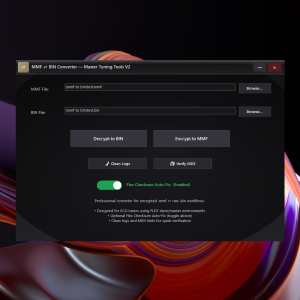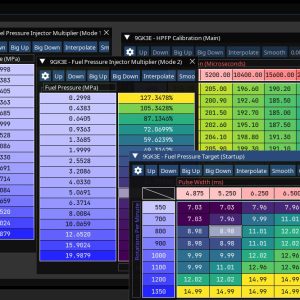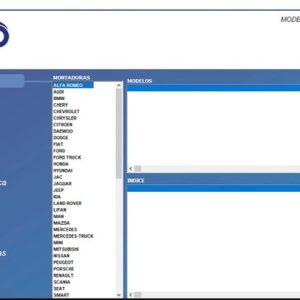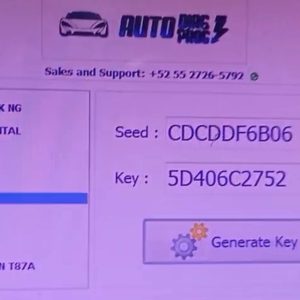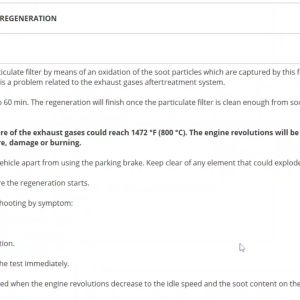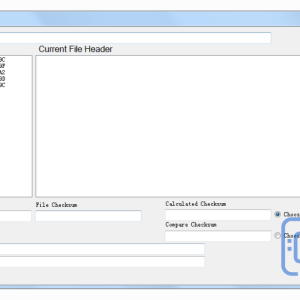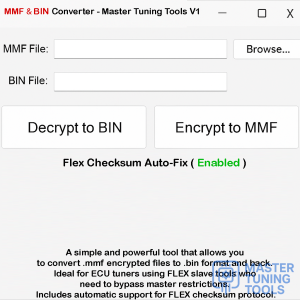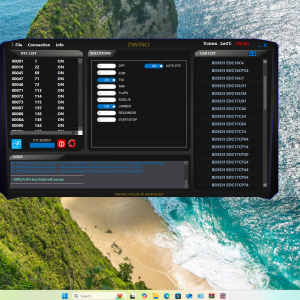K-TAG Protocol: Unlocking ECU Tuning Potential 🚗🔧
The K-TAG protocol is an essential component in the world of ECU tuning and remapping. Designed for professional tuners and automotive technicians, K-TAG enables users to read and write data from the ECU, facilitating modifications that enhance vehicle performance. In this article, we will explore the intricacies of the K-TAG protocol, its features, and how it compares to other tuning tools.
Understanding K-TAG Protocol ⚙️
K-TAG is a specialized tool that communicates with vehicle ECUs (Engine Control Units) via the OBD-II port or directly through the ECU’s pins. This protocol is particularly useful for reading and writing flash memory, allowing tuners to modify engine parameters for improved performance.
Key Features of K-TAG 🔧
- ➡️ Multiple Protocol Support: K-TAG supports a wide range of protocols, making it compatible with various vehicle manufacturers.
- ➡️ Full ECU Access: The tool provides complete access to the ECU, enabling detailed adjustments to fuel maps, ignition timing, and more.
- ➡️ Backup Functionality: Users can create backups of the original ECU data, ensuring that they can revert to factory settings if necessary.
- ➡️ Boot Mode Programming: K-TAG allows for boot mode programming, which is essential for tuning locked ECUs.
Comparing K-TAG with Other Tuning Tools 🚀
While K-TAG is a powerful tool, it’s important to consider how it stacks up against other popular tuning solutions:
- ➡️ KESS3: Ideal for OBD tuning, KESS3 offers a user-friendly interface and quick access to ECU data.
- ➡️ FLEX: Known for its versatility, FLEX supports both OBD and bench tuning, providing a comprehensive solution for tuners.
- ➡️ CMDFlash: CMDFlash is another robust tool favored for its ability to read and write data without the need for disassembly.
Each tool has its strengths, but K-TAG’s unique features make it indispensable for advanced ECU remapping tasks.
Practical Applications of K-TAG in Tuning 🔧
K-TAG is widely used for various applications in the automotive tuning industry:
- ➡️ Stage 1–3 Remapping: Enhance engine performance through tailored remapping strategies.
- ➡️ DPF/EGR/AdBlue Off: Modify ECU settings to disable emissions control systems when necessary.
- ➡️ Custom Tuning Solutions: Create bespoke tuning files for specific vehicle requirements.
With K-TAG, tuners can achieve significant improvements in vehicle performance while maintaining reliability.
Conclusion ✅
The K-TAG protocol stands out as a vital tool for automotive professionals engaged in ECU tuning and remapping. Its extensive features and compatibility with various vehicles make it a preferred choice among tuners. For those looking to enhance their tuning capabilities, exploring tools like K-TAG, KESS3, and FLEX can provide valuable insights and options.
For more information and to explore related tuning tools, visit mastertuningtools.com.

